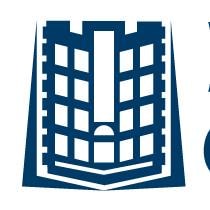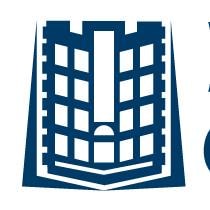Serhiy Kvit: Ukrainian universities engaged into war effort beyond expectation

Editor's Note: The Kyiv Independent is exclusively re-publishing an interview with Serhiy Kvit prepared by Forum for Ukrainian Studies, a research publication for experts, practitioners, and academics to discuss, explore, reflect upon, develop, and transform international understanding of contemporary affairs in Ukraine. This platform is run by the Canadian Institute of Ukrainian Studies (CIUS) of the University of Alberta (Edmonton, Canada).
Serhiy Kvit is the current and former (2007–14) President of the National University of Kyiv Mohyla Academy.
CIUS: What is the role of Ukraine’s universities in organizing resistance to Russia’s aggression—specifically, that of the Kyiv-Mohyla Academy?
Kvit: In the first month and a half of the full-scale Russian invasion, our university turned into a fortress that resisted the threat of the Russian landing on Kontraktova Square and the advance of Russian troops from the Dnipro side.
The major challenge in coordinating resistance during wartime is that members of the academic community are dispersed across not only Ukraine but the whole world. This complicates efforts to communicate with them. As a matter of fact, however, most of our Kyiv-Mohyla Academy instructors are working on campus, in the centre of the capital.
Moreover, our community initiated a few resistance measures that are not directly connected with research or teaching. For instance, within the first few days of the escalated invasion we established a specialized logistics centre to deliver supplies to the front line. This was an initiative of our graduates, who left their studies at American universities and returned to Kyiv to manage the centre.
Read the rest of the interview here.









